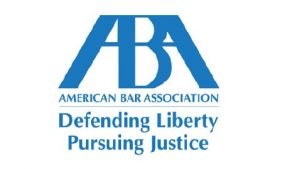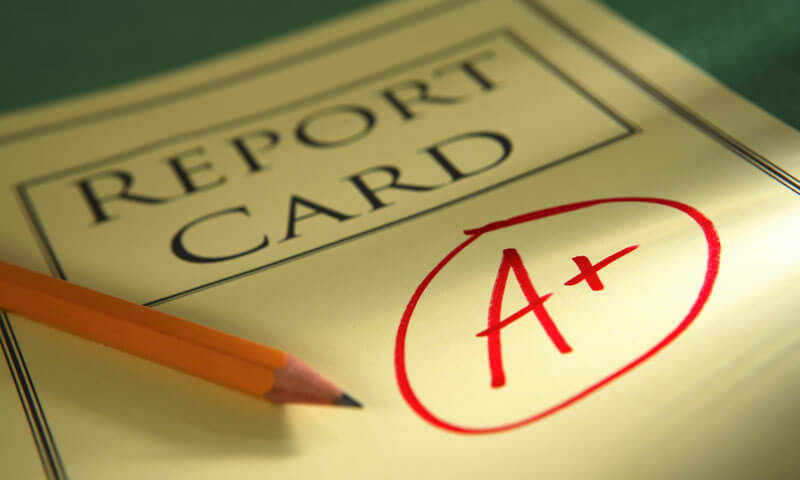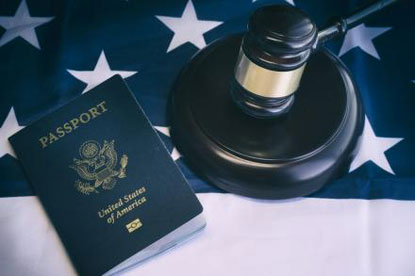
“Transparency and full disclosure should be a guiding star in our profession,” wrote LeAnne Nease Brown, a N.C. lawyer serving on the board of directors of the UNC Law School Association. “This proposal will help improve transparency and promote full disclosure in connection with the law school data.”
E. Fitzgerald Parnell III, a North Carolina lawyer and delegate to the ABA House of Delegates, also supported the changes:
“As someone who believes that the consumers, including those who are considering attending law schools, are entitled to honest reporting of relevant data on a consistent basis, I salute the efforts of [the board that drafted these changes] to help attain this important goal.”
Kyle McEntee, who founded Law School Transparency, criticized the proposals choice not to require school-specific salary data as “an enormous step backwards, which would make ABA “partially responsible for misleading people trying to figure out how much debt to assume.”
Overall, however, the informed responses approve of the more demanding strictures placed on law schools.






































